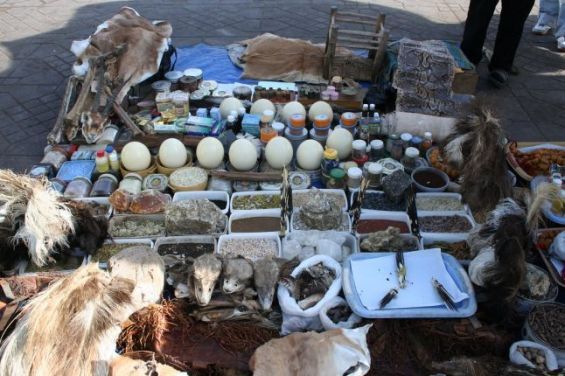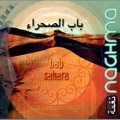They are «tested and proven» tutorials or at least this is what the creators of this kind of content claim on YouTube. In one of these new, yet unusual videos, which has been widespread among the Moroccan YouTube community recently, all subscribers or viewers need to do is follow the instructions on screen to have their significant others «fall in love with them» or «crawl back to them after a rupture or a breakup».
Their tutorials include talismans, recipes and magic spells that are sometimes up to date and adapted to technology, such as Whatsapp. Others need incantations, chants and certain practices that must be done during a certain time or period of the day.
What is surprising about these videos is that they receive just enough interactions, views and comments, with subscribers demanding further details and asking questions. But how did these videos make it to the internet and why are these practices, deemed outdated, still attracting Moroccans?
Witchcraft catching up on technology
The answer is that what is posted to the «internet is just a reflection of reality», Moroccan psychosociologist Mohcine Benzakour said. According to him, there is a big demand on witchcraft and sorcery in Morocco and the internet is just a platform that responds to that.
«This kind of content on the internet is similar to when satellite TV first appeared in Morocco», recalled Benzakour. «People who presented similar content, predicting the future or giving recipes for other reasons, invaded TV channels with shows that basically had the same format and presented the same thing», he explained.
Nowadays, the same people moved to the internet, an easier way to reach an audience that still believes in the efficacy of these talismans and practices. Traditional witches and sorcerers, who used to be consulted by customers, have «changed the way in which they reach their audience», and that is social media or platforms like YouTube.
The most dangerous thing about this change, according to the professor, is that «it is online for everyone to watch». «In the past, only the people who believed in witchcraft or who had the courage to visit sorceresses and witches did that. Now, with the power of the internet, anyone can watch these videos, including kids», Benzakour argued.
In addition to children, which are considered vulnerable to this kind of content, «even educated and knowledgeable people can watch and share» these videos, according to sociologist and anthropologist Chakib Guessous.
To him, the internet «has become a jungle in Morocco, where everything can be posted and shared with no restrictions». «Anyone can come now and start giving advice and tell people what to do, which sometimes can be very dangerous», he added.
«If witchcraft is prohibited by the penal code in real life, it should also be prohibited on social media and other online platforms», he argued.
False hopes vs. rationality
But to stop these practices and put an end to this kind of content, society must consider change. According to Moroccan sociologist Abdeljabar Boucetta, many Moroccans consume these kind of videos and content because of the way they see things.
«Unfortunately, the Moroccan society is based on occultism and focuses much more on the future and thus finds itself living in imagination, unlike other societies that think rationally», he explained.
«Instead of benefiting from these new technologies and from the internet in general, we turn to these negative practices, such as witchcraft, and we dwell in imagination and false hopes that are way far from rationality», he said.
Another reason that pushes some Moroccans to watch these videos is the secretive profile that the internet provides for them. «In the past, people who used to visit witches used to gain a bad reputation and that made them think twice before doing that. The internet has removed that in some way because no one would know that you watch these videos or criticize you for it», sociologist Zakaria Agdid said.
Agdid believes that these YouTubers and their witchcrafty content are predicted to grow in the future with the development of social media and platforms like YouTube. He thinks this can be blamed on the way Moroccan women, towards whom these videos are directed the most, «are raised : in a way that makes them think that they can never be complete without marriage».
Moreover, Agdid believes that «this content is gaining more credibility on social media, especially among people who accept everything that is offered to them, without double-checking».
«With the internet, we are constantly consuming and receiving information which affects our ability to analyze and criticize practices like witchcraft», he concluded.





 chargement...
chargement...













